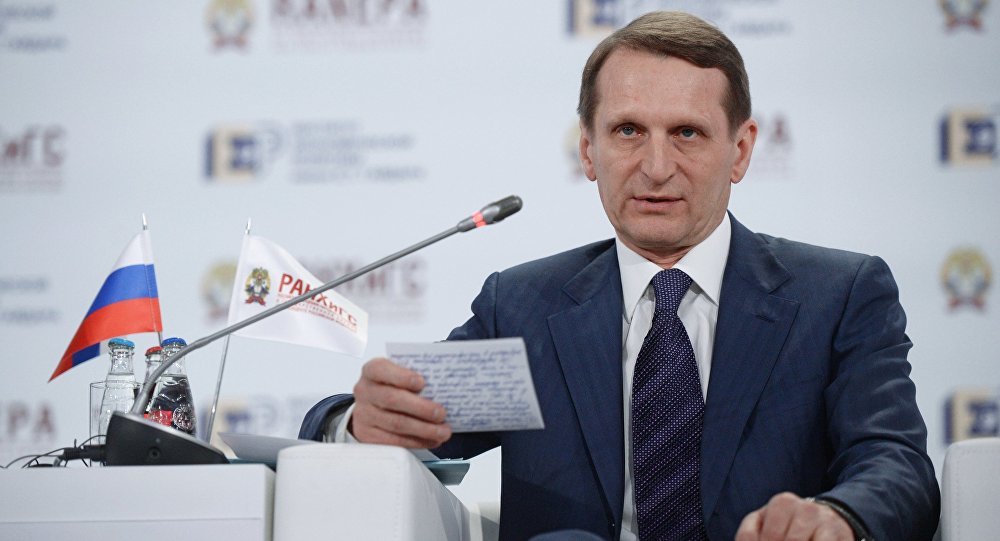Russian, Iranian, Chinese, Pakistani heads of intelligence services discuss Daesh threat

Sergei Ivanov, the chief of the Russian Foreign Intelligence Service’s press bureau, has said that heads of intelligence services of Russia, Iran, China, and Pakistan held a meeting in Islamabad on Tuesday to discuss the measures against the threat of Daesh in Afghanistan.
“The discussions focused on the dangers arising from a buildup of the Islamic State on the Afghan territory,” TASS quoted Ivanov as saying on Tuesday.
“The conference reached understanding of the importance of coordinated steps to prevent the trickling of IS terrorists from Syria and Iraq to Afghanistan where from they would pose risks for neighboring countries,” he said.
The terrorist organization has launched several high-profile attacks in the Afghan capital Kabul and beyond. In December 2017, the group claimed responsibility for a suicide bombing at a Shiite cultural center that killed 41 people. That month, Daesh attackers stormed two different Afghanistan intelligence service locations in a week. In January 2017, a handful of gunmen claiming to be members of the group held up a Save the Children office in Jalalabad, killing four people in an hours-long siege.
In March 2018, a Daesh suicide bomber detonated explosives near a major Shiite shrine in Kabul, killing dozens during celebrations of the Persian new year.
According to the Washington Post, it is hard to say how long Daesh has been in Afghanistan but rumors about the group operating in Afghanistan started around 2014.
James Cunningham, who was the U.S. ambassador to Afghanistan at 2014, told Frontline that the group was using Afghanistan and Pakistan as a recruiting ground, trying to find fighters who would travel to Syria and Iraq.
In a commentary in March 2018, the Post said it's hard to say exactly how many Daesh fighters are in Afghanistan, but it seems their numbers have grown.
Michael Kugelman, a deputy director of the Asia Program at the Wilson Center, has called the group’s resilience “quite worrying.” Its fighters' strength, he said, lies in their ability to navigate Afghanistan’s challenging terrain with ease, which allows them to evade strikes. The group is also aided by “a steady supply of recruits” from disaffected members of the Pakistani Taliban as well as radicalized Afghans.
NA/PA

Leave a Comment